
Max Tegmark: The Case for Halting AI Development
Lex Fridman Podcast #371
Recommendation
In this enlightening podcast, MIT research scientist Lex Fridman interviewed AI researcher and physicist Max Tegmark, author of Life 3.0: Being Human in the Age of Artificial Intelligence. Both insist that today’s runaway AI train has rushed humanity to an existential “fork in the road,” where risks include economic catastrophe, cultural and political upheaval, and human extinction. These experts call for a pause in AI development. They say their wake-up call gives society enough time to benefit from this powerful technology and to learn to live with the superintelligent alien beings they warn that scientists are busily creating.
Summary
About the Podcast
Max Tegmark is a physicist and AI researcher at MIT, co-founder of the Future of Life Institute, and author of Life 3.0: Being Human in the Age of Artificial Intelligence. Lex Fridman is a computer scientist, podcaster, artificial intelligence researcher, and research scientist at MIT.








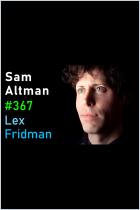
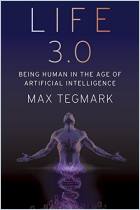
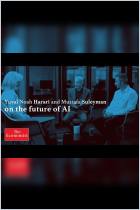
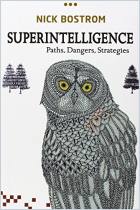
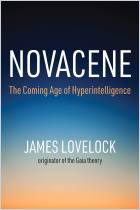
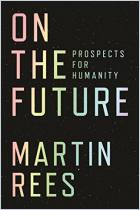
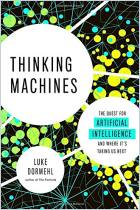
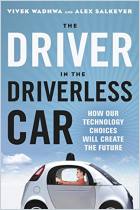




Comment on this summary or Iniciar a Discussão